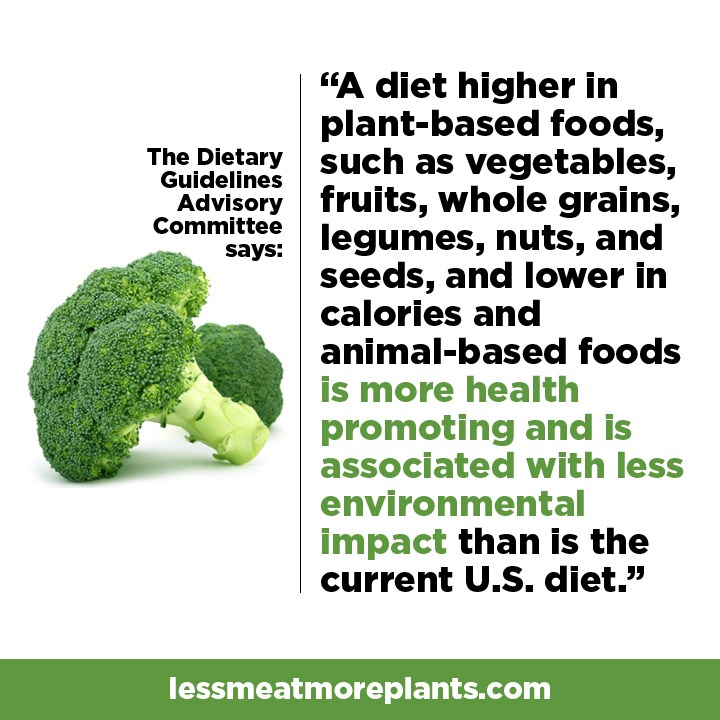Below is an interview I gave to Natural Food Merchandiser:
Plant politics: Michele Simon sees a promising future for animal food alternatives
Michele Simon is a food lawyer and president of the consulting firm Eat Drink Politics. Recently, she organized a coalition of plant-based food companies in support of the Dietary Guidelines Advisory Committee’s recommendations to eat less red meat and more plant foods. As a keynote speaker at Natural Products Expo East, she’ll offer practical tips on how manufacturers and retailers can become more politically active.
NFM: What are the biggest issues facing the plant-based food industry today?
Michele Simon: Gaining more mainstream acceptance of plant-based versions of animal foods is top of mind. While we are seeing an increase in consumer interest, companies face ongoing regulatory barriers such as outdated labeling rules, as well as marketplace obstacles such as placement in stores. Also, political forces have historically created an uneven playing field. For example, most plant food companies don’t benefit from the economic subsidies the animal food industry currently enjoys. True competition requires breaking down those barriers.
NFM: How can retailers help on the front lines in their stores?
MS: First, retailers should sell plant-based versions of meat in the meat section, and plant-based versions of butter and cheese in the dairy section. It’s not fair for consumers to have to hunt down these foods in the niche sections of grocery stores. We’ve already seen an explosion of soy and almond milks because they are commonly sold in the dairy section. Retailers should also encourage tastings of these plant-based foods to increase familiarity.
NFM: How can companies have their voices heard on these issues?
MS: This spring, I organized 22 plant food companies to have their collective voice heard on the Dietary Guidelines for Americans. This campaign was the first step in getting plant food companies engaged in policymaking. Now we are talking about formalizing the coalition into a bona fide trade group. This sector can be a powerful voice, and taking collective action is key to the continued success of these mission-based companies.
If folks want to get involved, they can either sign up on the mailing list at LessMeatMorePlants.com or contact me.















